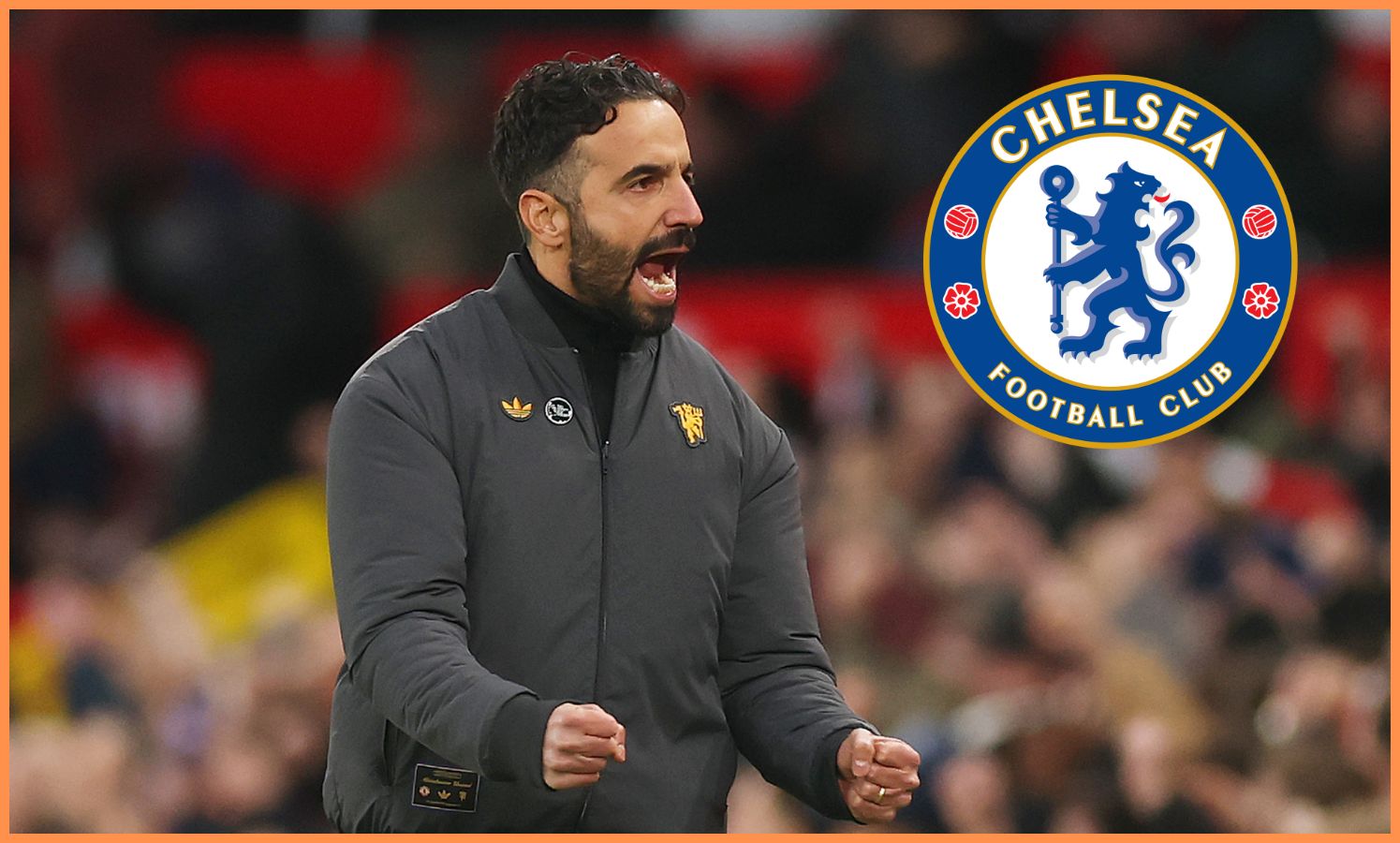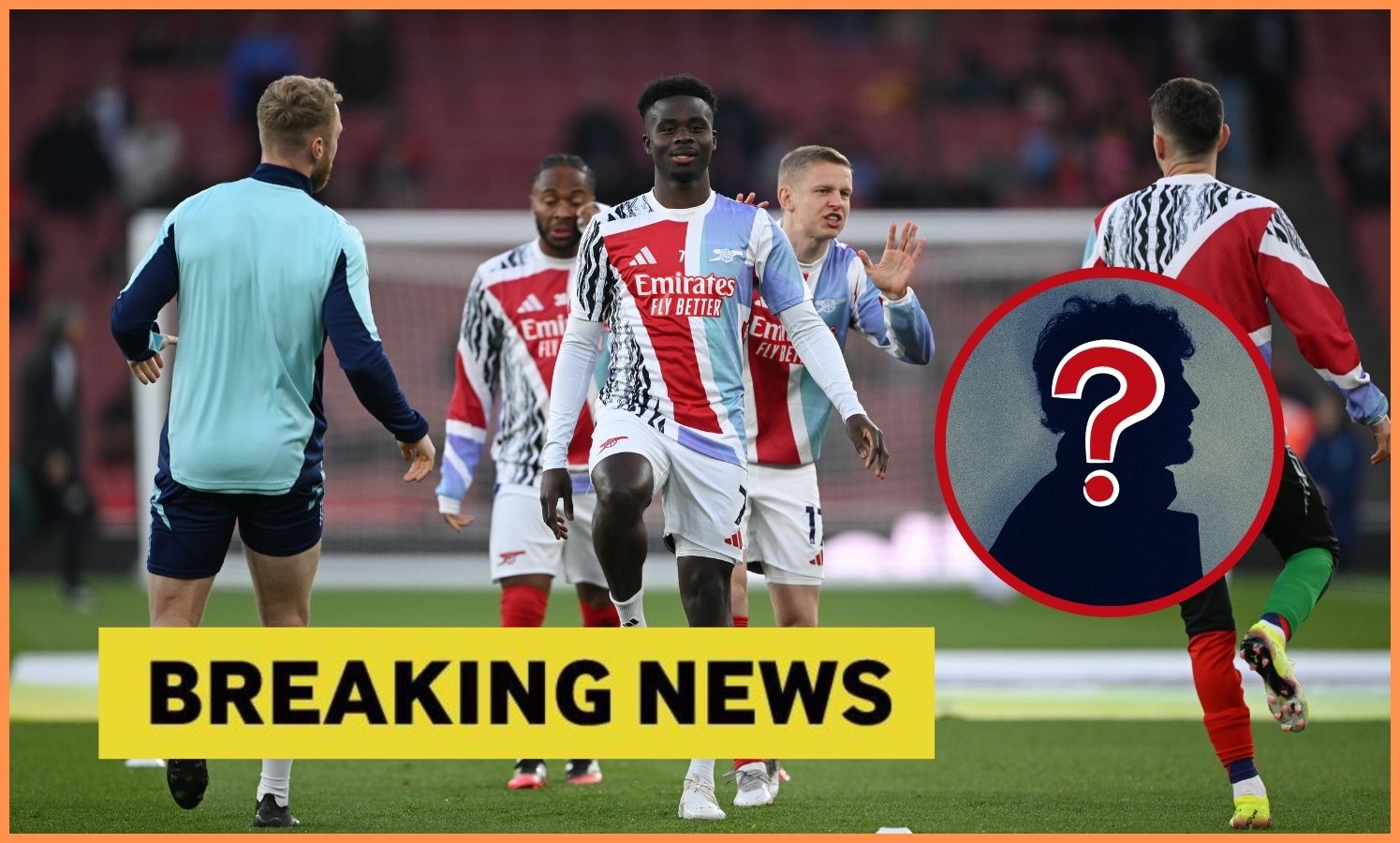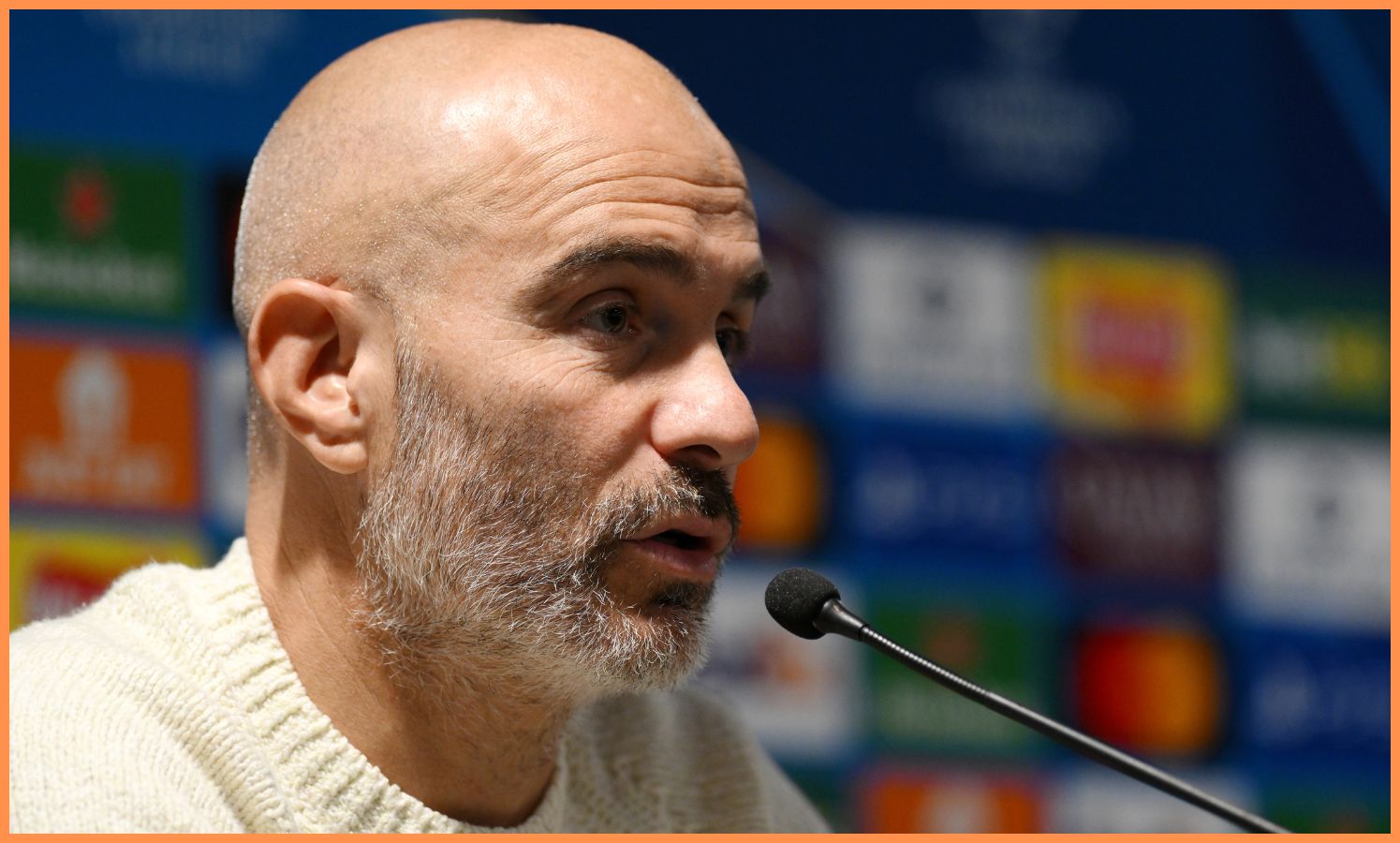The narrative surrounding Arsenal’s dependence on set-piece goals has dominated discussion, but a far more striking reliance exists within Manchester City. Their attack, currently, orbits almost entirely around the phenomenal Erling Haaland.
Haaland’s arrival has been nothing short of explosive, with 15 goals in his first 12 games across all competitions. In the Premier League alone, he’s amassed 11 goals in just 9 appearances, a staggering statistic that reveals a critical truth about City’s scoring.
Remarkably, Haaland’s goals account for a full 65% of Manchester City’s total Premier League strikes this season. This isn’t simply a good run of form; it’s a fundamental shift in how City operates, placing an immense burden on a single player.
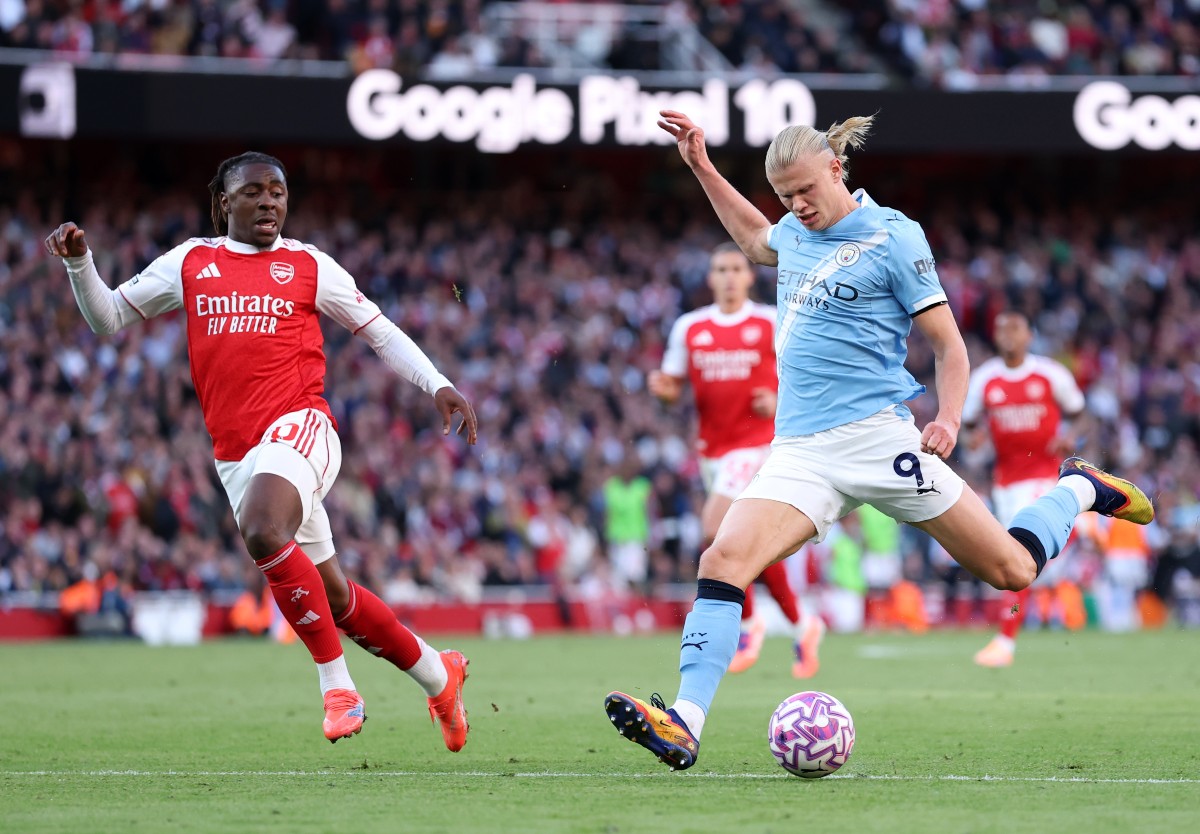
The vulnerability this creates was starkly exposed in their recent defeat to Aston Villa. A game where Haaland was unusually quiet, City struggled to find the net, highlighting the potential consequences of relying so heavily on one individual.
In contrast, Arsenal’s reliance on set pieces, while significant at 56%, feels less precarious. Their goals come from a broader range of situations, offering more tactical flexibility when their primary method is stifled.
Is Manchester City becoming a one-man team? Last season’s slip to third place was partially attributed to Rodri’s injury, but the current situation feels different. The weight of expectation now rests squarely on Haaland’s shoulders.
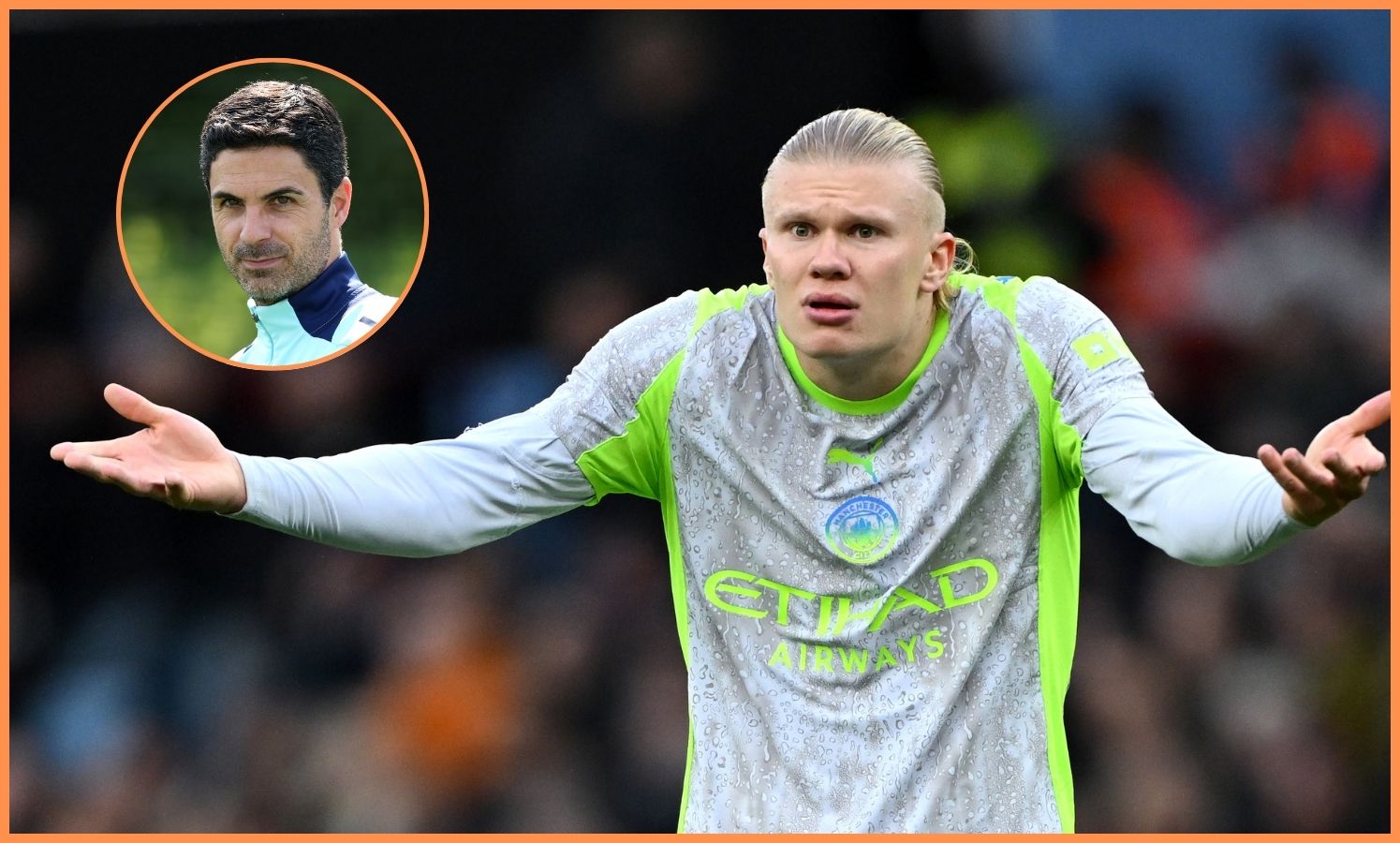
While players like Phil Foden and Jeremy Doku possess undeniable talent, they haven’t consistently delivered the crucial end product needed to alleviate the pressure on Haaland. The question remains: where will the goals come from when Haaland isn’t firing?
Pep Guardiola’s squad lacks the consistent goal-scoring threat of past stars like Kevin De Bruyne and Ilkay Gundogan, further amplifying the reliance on their Norwegian striker. The absence of those creative forces is keenly felt.
Arsenal, meanwhile, could undoubtedly benefit from a proven goalscorer of Haaland’s caliber. Viktor Gyokeres, despite his potential, has only managed three Premier League goals thus far, leaving the Gunners searching for consistent firepower.
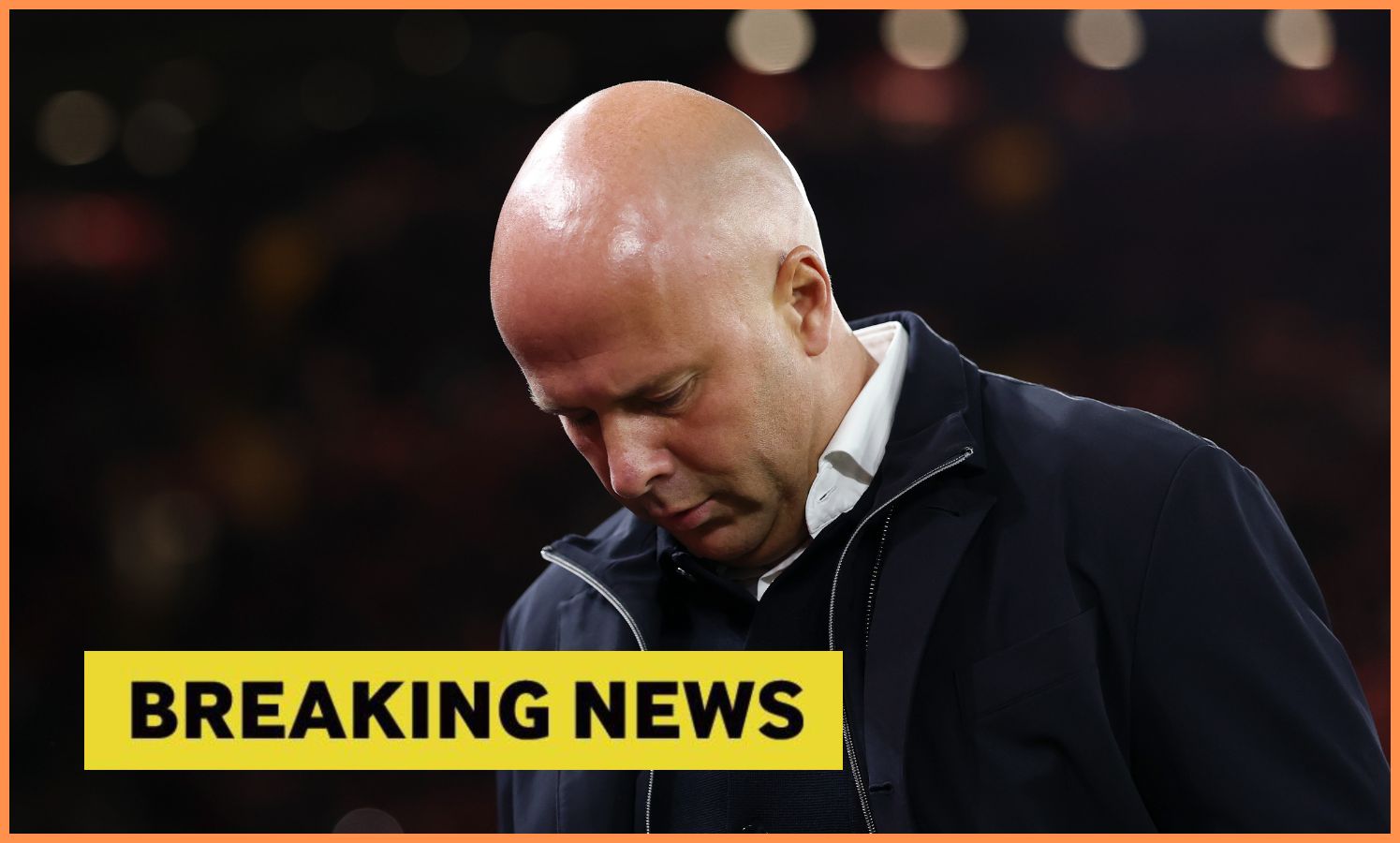
Their current strategy, heavily reliant on Gabriel Magalhaes’ aerial prowess from set pieces, feels unsustainable over the long haul. Maintaining that level of success throughout an entire campaign will be a monumental challenge.
The upcoming title race promises to be a fascinating contest, played out with both teams harboring significant vulnerabilities. These inherent flaws raise questions about their ability to truly dominate, not just domestically, but also on the European stage.
The Champions League demands a more multifaceted attack, and it remains to be seen whether either City or Arsenal possess the depth and tactical adaptability to overcome their current limitations and achieve ultimate success.
